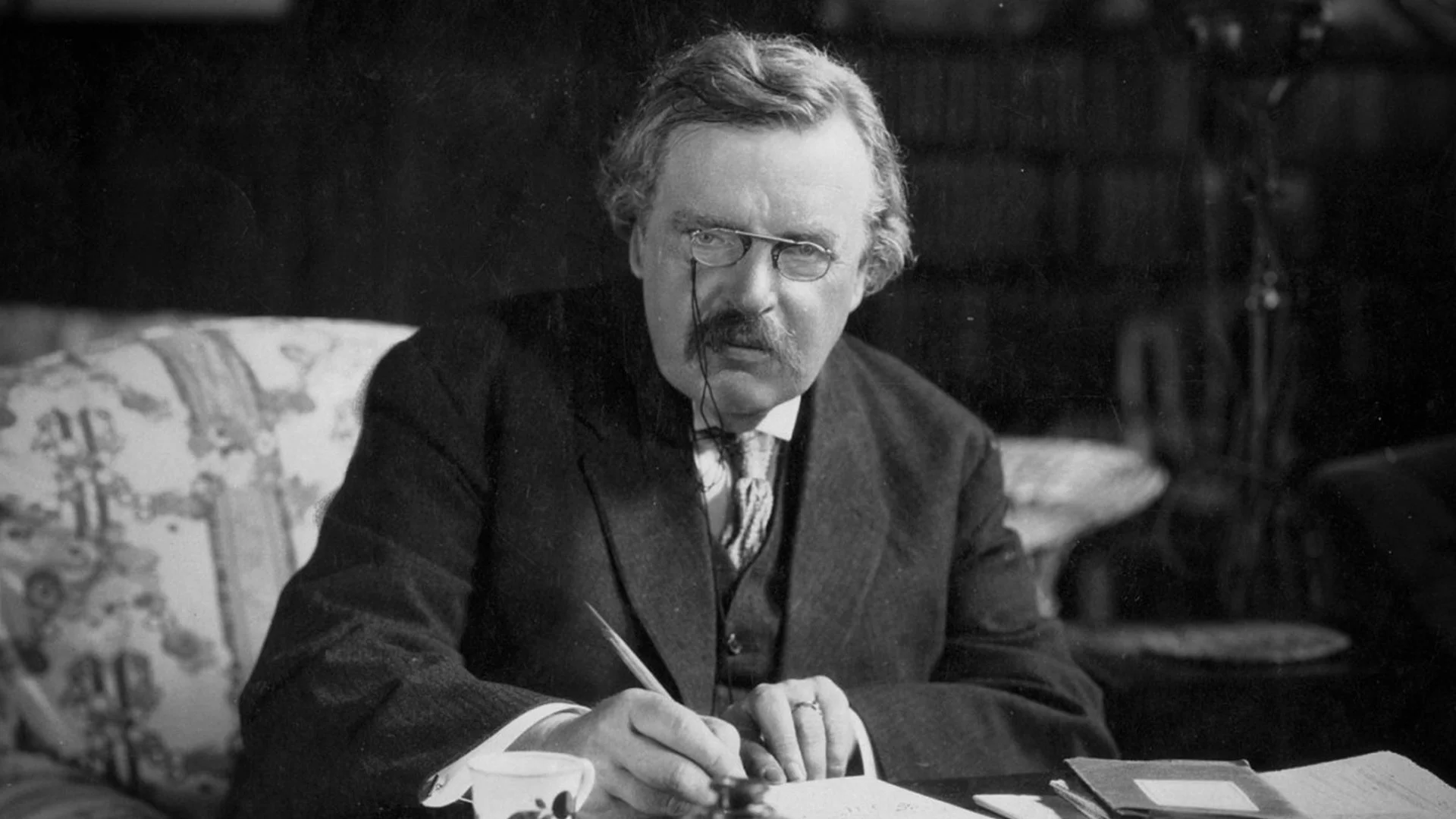This series of articles seeks to examine the character attributes of highly successful leaders, regardless of their adherence to a strong faith or moral standard. In presenting these thoughts, Leadership Ministries is not agreeing with or advocating these traits or practices, but rather presents these as ideas for discussion and development in your own leadership journey.
Julius Caesar (100 BC – 44 BC) was a Roman general and stateman. He led the Roman armies in the Gallic Wars, then defeated his political rival in a civil war to become dictator of Rome in 49 BC. Today Caesar is still considered one of the greatest military commanders to have ever lived.
Caesar’s political ambitions led him to election for consulship in 60 BC. He won, and formed an alliance with Crassus and Pompey, known as the First Triumvirate. Together, the three men controlled public business through their wealth and political influence. During his consulship, Caesar gained command of four legions. He used his legions to conquer Gaul, then later to defeat political enemies leading to his rise to dictator.
Caesar was a charismatic and social personality, and easily drew people to him. He had a high tolerance for risk and was bold enough to make calculated risks in his bid for power. He also had a strong work ethic and was willing to do whatever it took to attain his aims. And of course, his great military ability was the cornerstone of his leadership.[1] He was assassinated in 44 BC by a group of rebellious senators led by Brutus and Cassius, who stabbed him to death. His death sealed the fall of the Roman Republic. Some of Julius Caesar’s most notable leadership traits include:
Connect with people. Caesar grew up in a tumultuous time for his family politically, with factions carrying out bloody purges of political enemies. To escape threats to his life, he joined the army. He served with distinction and became a popular and effective military leader. It was said that Caesar knew the names of every soldier fighting with him.[2] In his speeches he referred to his troops as “comrades”, not “men” or “soldiers”. A great part of the success of the Roman legions was the information troops had available on the battlefield. Every centurion had as much information on the battle plan as Julius Caesar did. With his reports well informed, Caesar garnered much trust for his military decision-making. He was always close to his troops. In spite of the danger, the Roman general wanted to connect directly with his army because he knew that meant a boost to his soldiers’ morale. He ate with them, slept with them, bled with them. Being in proximity to his men also allowed Caesar to identify weakness and make quick adjustments to correct mistakes.
Roman soldiers often fought with a short sword called a gladus. Though less deadly than longer swords of their enemies, sharp training and tactics overseen by Julius Caesar assured his legions were more than prepared to enter any battle as a lethal force. Photo: Shutterstock.com
After assuming control of government, Caesar began a program of social and governmental reforms. He gave citizenship to many residents of far regions of the Roman Republic. He initiated land reform and support for veterans. Caesar was always finding ways to connect with those who were most important to him, especially in military circles.
Communicate clearly. Caesar was an accomplished author and historian as well as a statesman; much of his life is known from his own accounts of his military campaigns. He, as many other politicians and soldiers in Roman times, was an excellent orator. Caesar would show up, impeccably dressed, at the Roman Senate, and addressed his soldiers and other leaders with fiery speeches. He had the ability to articulate his thoughts flawlessly and was able to convince the people of his ideas by using wise words and attractive language.
He also had a knack for a turn of phrase. After a brief war with Pharnacles II of Pontus, Caesar had to write out a report to Rome detailing his conquest. According to both Greek biographer Plutarch and Roman historian Suetonius, the commander wrote simply: “I came, I saw, I conquered.” The phrase proved so catchy that we still remember it, centuries later.
Don’t necessarily delegate the difficult or trivial tasks. In the Roman tradition, it was common to punish military deserters, even if they were friends or family of the leadership. Caesar took on this hard task personally. This served as an example to his men that he was willing to do those things considered the most challenging. During his time as dictator, he ruthlessly attacked and prosecuted former governors that had been involved in corruption and extortion.
Caesar’s reign as dictator of Rome would only last a year. Fearing for their power, a coup was orchestrated under his nose, and Caesar was assassinated by his political rivals. Photo: The Assassination of Julius Caesar by William Holmes Sullivan, 1888
The best leaders behave rationally and don't allow their feelings or preconceived notions to dominate their decision-making. Caesar once wrote that “in war, events of importance are the result of trivial causes.” In that sense, his military leadership had great precision, as Caesar scoured every detail prior to fighting, planning every move and looking at each element of the coming battle, however small. He personally selected each solider for leadership roles in his legions, based on his personal experience with them. Caesar did not lose any war that he participated in.
Don’t get too comfortable. Caesar was not one to rest on his laurels. As a military leader he was constantly trying to anticipate the worst outcomes and be prepared. He wrote, “The immortal gods are wont to allow those persons whom they wish to punish for their guilt sometimes a greater prosperity and longer impunity, in order that they may suffer the more severely from a reverse of circumstances.” In other words, if you are on a winning streak, watch out. Unfortunately in the end, Caesar missed the conspiracy that was growing under him as dictator, resulting in his now-famous assassination.[3]


































Frank Winfield Woolworth was an American entrepreneur, and founder of the F. W. Woolworth Company. He pioneered the retail variety stores which featured low-priced merchandise selling for 5 and 10 cents.